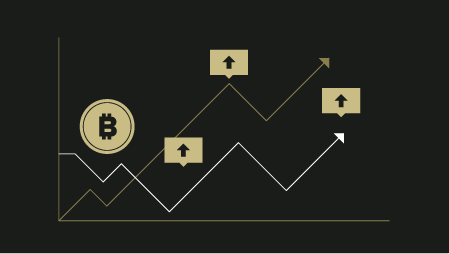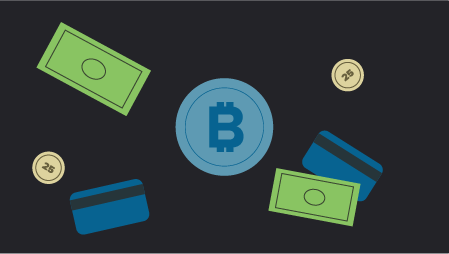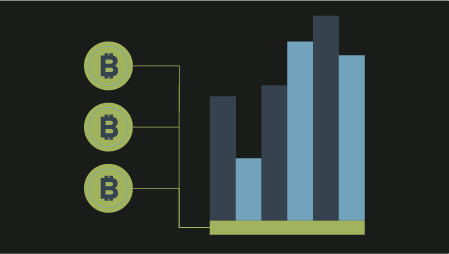Ready to learn Blockchain? Browse courses like Blockchain for Finance Professionals developed by industry thought leaders and Experfy in Harvard Innovation Lab.
The US House of Representatives has given the green light to the Blockchain technology, advocating that the new-era innovation be implemented as a “national policy for technology to promote consumers’ access to financial tools and online commerce to promote economic growth and consumer empowerment.” Federal Reserve governor Lael Brainard remarked how the Blockchain technology could have a major impact on the financial system.
“We are paying close attention to distributed ledger technology, or Blockchain, recognizing this may represent the most significant development in many years in payments, clearing, and settlement,” she said. Brainard also said that the Fed would publish a research paper on the subject, also indicating that the central bank would discuss the path-breaking technology with both private and public sector stakeholders.
First World looks at Blockchain technology with greater interest
>
This is not surprising. Governments across the world, particularly the First World, are evincing keen interest in the technology that has been hailed by the World Economic Forum as Technology Pioneer. In fact, many financial experts have termed it as “the next best thing after the Internet.” In fact, the technology has started taking shape with implementation right round the corner. Also, this is the technology behind cryptocurrency like bitcoin and ethereum.
The European branch of the International Securities Association for Institutional Trade Communication (ISITC) has already proposed as many as 10 Blockchainbenchmarks to help standardize the diverse set of extant tools in the market. It has said that evolving standards is key to improving adoption for companies that haven’t used or are unaware of the technology. The benchmarks deal with scalability, data structure, auditability, regulation, latency, legal jurisdiction, software version control, etc. There have also been continuous global efforts to ensure the technology creates efficient and decentralized data-sharing without the need to deal with the current siloed and centralized database infrastructure.
Blockchains can ensure real-time seamless flow of information
>
A Blockchain is a decentralized distributed ledger (DDL) maintained by a distributed network of computers that requires no central authority or third-party intermediaries. With its inherently decentralized nature and inbuilt resistance to tampering, the technology is perfect for recording and retrieving financial data and thus becoming the single source of truth for any organization. An organization could obviate the need for maintaining multiple local centralized databases; at the same time ensuring real-time, sequential flow of information seamlessly across an organization.
“An organization can benefit in many ways. Data is processed faster as it does not have to go through multiple layers. Plus, there is no chance of data corruption or breach of integrity. Organizations should move to a decentralized system. We would be able to unlock capabilities for cumulative predictive intelligence and dynamic supply management with multiparty memberships, leading to truly multi-dimensional online B2B and B2C ecosystems,” says Shashank Dixit, CEO, Deskera.
Greater transparency and security in financial transactions
The impact of Blockchains is being considered by numerous industry leaders to be as significant as the introduction of double entry more than 500 years ago. Apart from being faster and more agile than existing systems, the new technology, based on the principle of distributed ledgers, allows transparency in accounting as every transaction is captured in real time. No wonder, Governments the world over are looking at Blockchains as a platform of choice for eGovernance.
Future of fintech: Blockchains and cryptocurrency
>
Blockchains could prove to be a financial revolution for businesses the world over. However, it could be particularly beneficial for Third World countries such as Indiathat are plagued with financial problems such as corruption. For example, Honduras, considered one of the most corrupt countries, is leveraging Blockchains to eliminate corruption from the property market. The innovative technology would radically change the face of financial system as we know it today, rendering the current one obsolete. It would be disarmingly disruptive, lead to a dismantling of traditional business models across industries. The way forward is to adopt the technology right away and lead the race from the front.
Originally published at: LinkedIn



